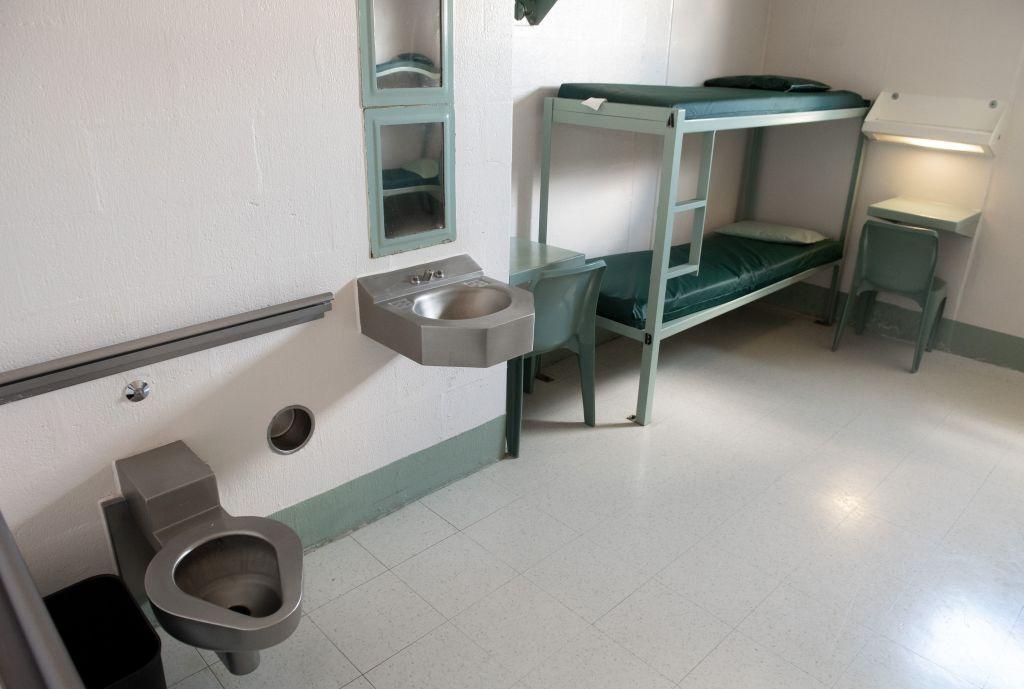A pregnant woman died while being held at a Mississippi jail, officials and family members said, prompting an investigation into what happened.
Lanekia Brown, 37, was found unresponsive on Dec. 23, in her cell at the Madison County Detention Center, where she was held after police officers found approximately 103 pounds of marijuana in November inside the vehicle she was in during a traffic stop.





